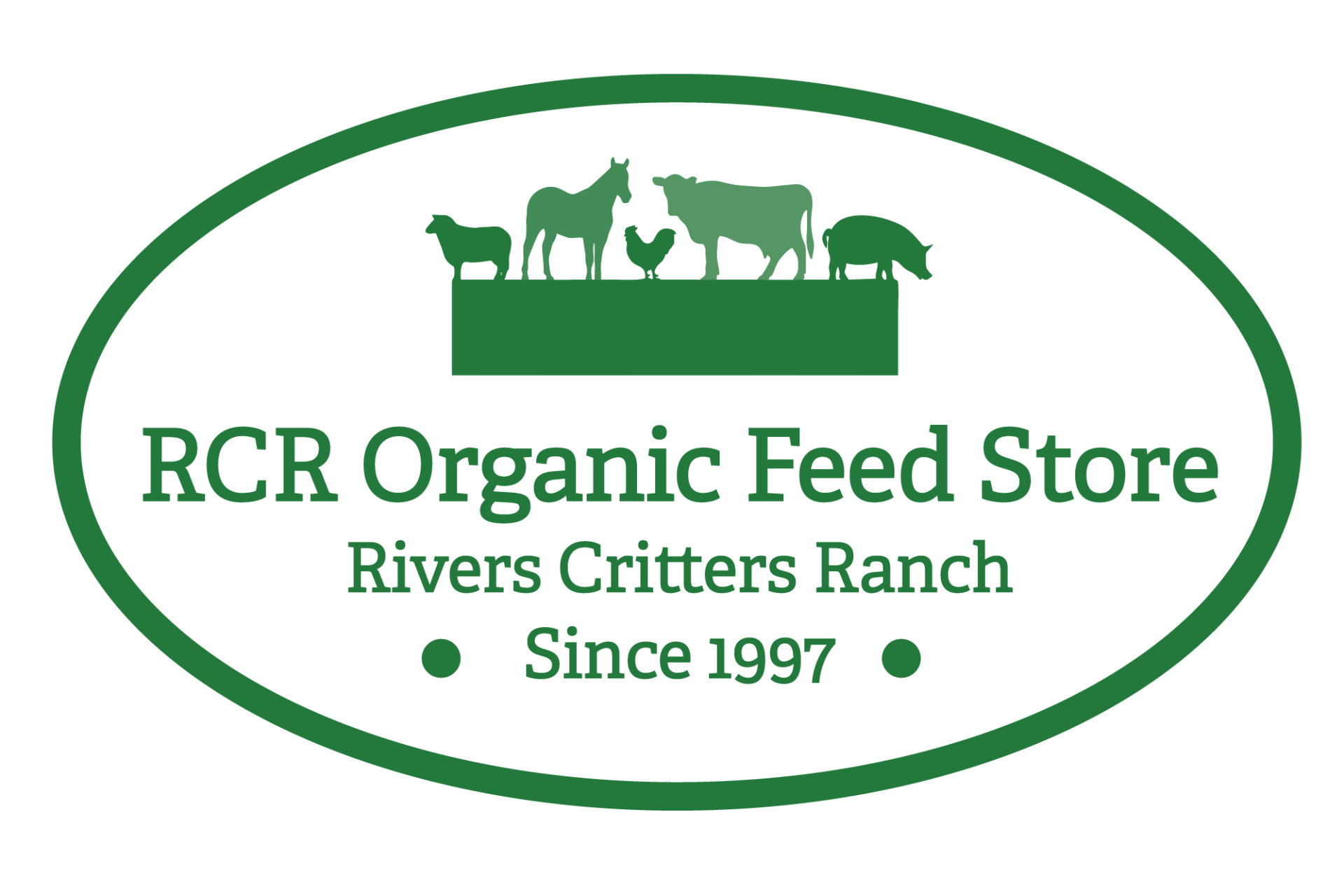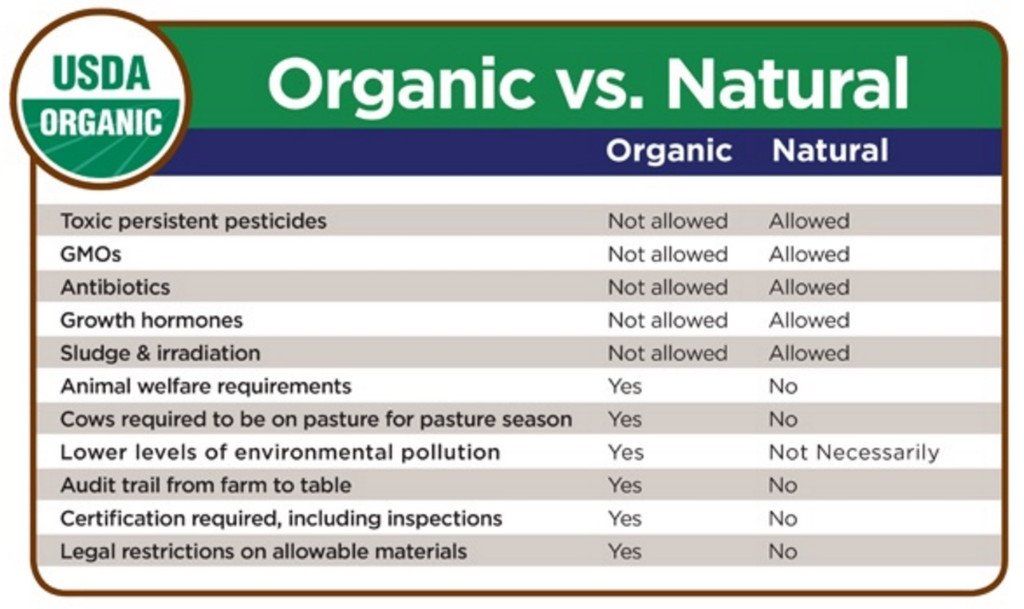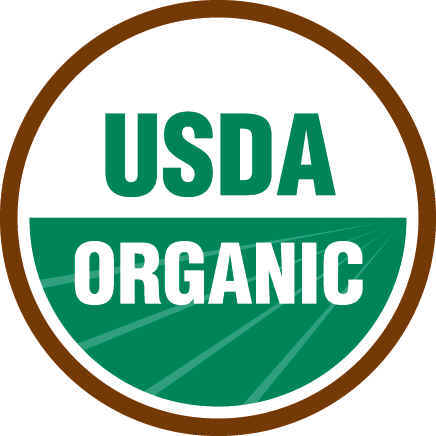There are labeling requirements pertaining to a product being labeled as organic. There is even a special seal that tells the customer that the product is certified organic.
To have this seal on you product it must be 100% organic or at least 95% organic by weight (excluding water and salt). Additionally, if there is at least 70% of content ingredients are organic then the front product panel may display the phrase "Made with Organic" followed by up to three specific ingredients, however, it cannot display new USDA Organic seal). And lastly, if the product has less than 70% organic ingredients then the company may list those ingredients as organic on ingredient panel but cannot list the organic ingredient on the main panel (they may not display the USDA Organic seal above.) Keep in mind that the ingredients must be deemed organic by a certifying agency so somewhere on the product it should list the certifying agency.
The RCR Organic Feed Store sells organic feed that is USDA Organic and is certified by an accredited organic certifier according to the USDA's National Organic Program (NOP.)
Author: Cindy Rivers
Owner and Operator www.riverscritters.com


